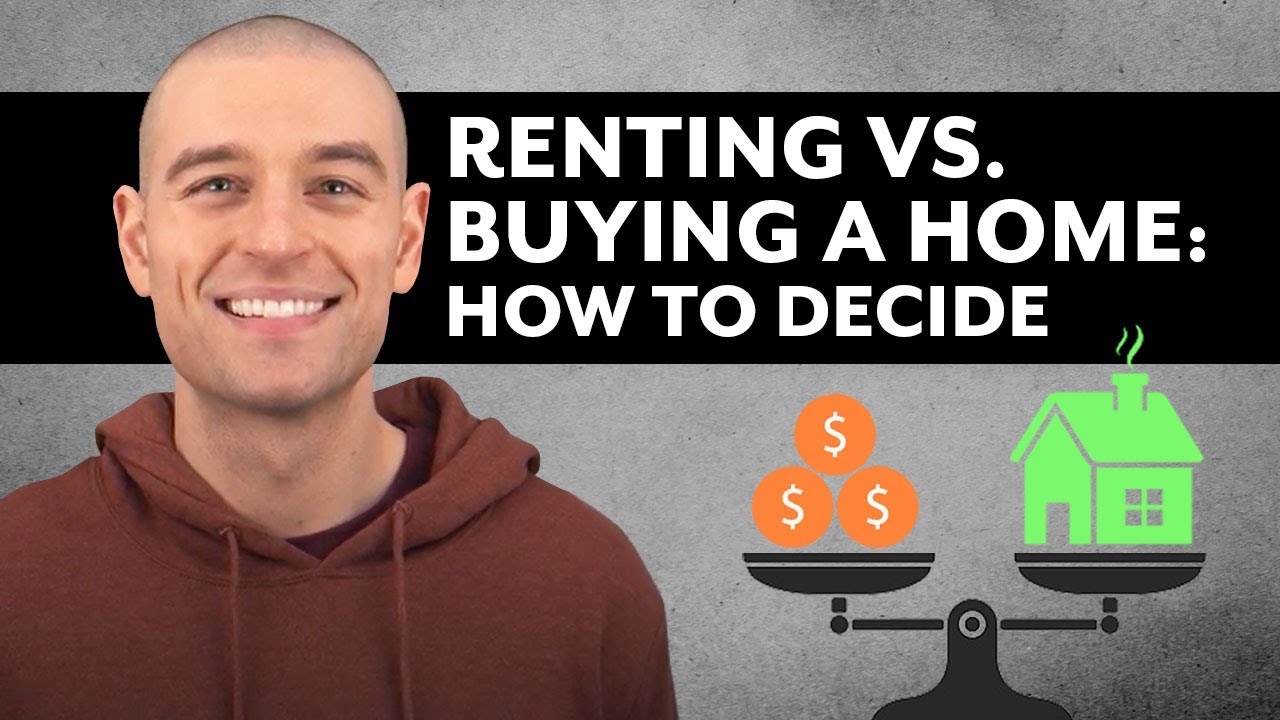We consider buying a house. While it is pretty unlikely that we will do so (not enough time to make a proper decision), I would like to use it as an opportunity to better understand the financial implications. We would consider purchasing a property only if it is financially attractive also. Any help is greatly appreciated!!
Here the “specs” of the house:
- Purchase price 1,850k
- Funded via equity 370k and loan 1,480k (ie, 20%/80% split)
- 10 year interest rate 1.4%
- Maintenance costs + utilities = 1% (estimate from the agency); the house is in good shape but obviously utilities need to be paid and in the long-run any property requires maintenance
- Eigenmietwert: not provided
Currently we rent a house (notably larger + closer to the city) at 48k/year (including utilities). We can live here as long as we want (many of our neighbours do so since decades) as the house is owned by a foundation (reasonable rent, tenant friendly).
The agency estimates that tax-deductible maintenance + interest rate would zero out the Eigenmietwert (even though that is not certain as I do not know the Eigenmietwert). If I assume that best-case, in my understanding, the return on equity would be around 2.4% (9k/370k), decreasing over time due to amortisation (as required by law). In my view this is quite low, given the various risks taken (refinancing in 10 years, having/ wanting to move when markets cool down…). Also in absolute terms, 9k/year feels “somewhat limited”, especially considering the size of the mortgage.
Not considered: impact on wealth tax. Not sure how the property value for wealth tax purposes is computed but if it is significantly lower than the purchase price, that would have an impact.
Any thoughts from anyone with a good understanding of the housing market? Is my calculation overly naive, am I too negative, am I missing something “big”, especially on the tax side? How about the wealth tax?
